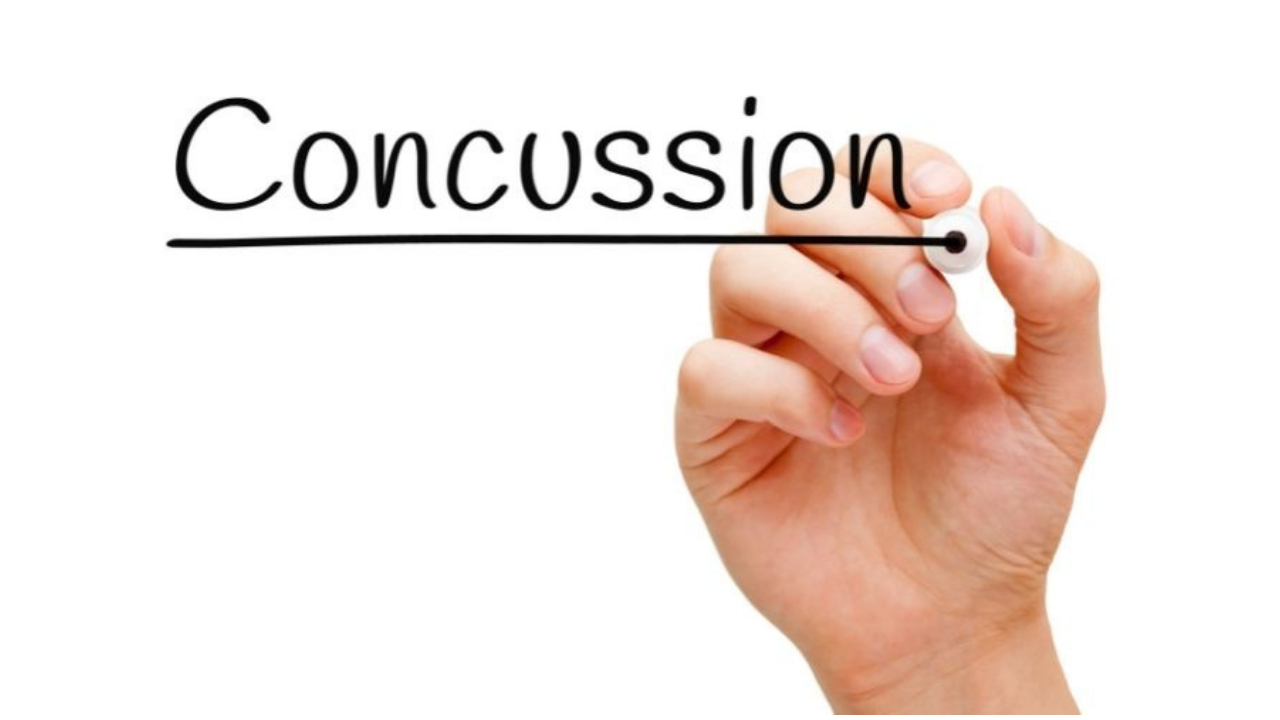Post-concussion syndrome symptoms can occur after months or even years of suffering a mild traumatic injury or trauma to the brain. The good thing is that the syndrome is treatable. After a concussion, if you experience headaches, light sensitivity, and poor concentration, they may be due to the trauma. Read this article to learn the causes and symptoms of post-concussion syndrome.
Causes of Post Concussion Vision Syndrome
Post concussion vision syndrome can occur after mild, moderate, or severe traumatic brain injury. Also, it can develop from brain traumas, including chemical exposure, surgery, certain bacteria or viral illnesses, transient ischaemic attacks, and carbon dioxide poisoning.
Usually, post-concussion symptoms develop from dysfunctional neurovascular couplings, the relationship between blood vessels and neurons. The affected cells may fail to get adequate oxygen to accomplish tasks like encoding new memories and reading books. When other neurons pick up these functions, they may not be successful.
These result in hyperactive brain parts that underwork and other hyperactive brain parts that do more work or use more resources to function. Your brain tires out, causing symptoms like overwhelming feelings, headaches, and irritability.
Concussions may also lead to hormone dysfunctions and dysautonomia. Hormone imbalances and dysautonomia can develop into long-lasting symptoms of post-concussion syndrome.
Post-concussion symptoms may last for days, weeks, months, and years. Doctors advise that if the symptoms go beyond three months, you should find treatment options.
Symptoms of Post-Concussion Syndrome
Post-concussion syndrome can occur when common concussion symptoms, including headaches, poor concentration, mood changes, dizziness, and irregular sleeping habits, extend beyond three months after a concussion.
The symptoms of initial injury may vary from the symptoms over time. For instance, you may initially experience a headache, and it goes away, and later exercising becomes difficult. Your particular symptoms may change from normal or can be similar to other patients’ experiences. All the signs are treatable. Here are the two common post-concussion symptoms;
Post-Traumatic Headaches
Post-traumatic headaches are distinct from regular headaches like dehydration or sinus pressure headaches. They can develop in different forms. In some cases, patients report experiencing multiple post-traumatic headache symptoms. The headaches have complex presentations, causes, and treatments. The common types of post-traumatic headaches include migrainous and autonomic nervous system headaches.
Dysregulation of autonomic nervous systems causes muscle tone to increase and neck tension. Concussions can also cause disruptions in blood flow regulation in the head. Thus, patients report head pressure and anxiety. Typically, the tension starts at the back of the neck and moves to the eyes.
The post-concussion headaches can improve with time. However, some don’t resolve if untreated.
Migraines are presented as extreme stabbing pains on a specific headside, generally near the top. Some people experience an aura (sensory change) right before a migrainous headache manifests. For instance, an aura can appear as white or black spots in the vision, tingling hands, or a strange smell. An aura can serve as a warning for people to take migraine pills or move to safe areas. The sensory changes can make people sensitive to touch, smell, or light.
Light Sensitivity and Vision Problems
Light sensitivity manifests in various ways, including headaches or eye pains due to exposure to bright lights, hating fluorescents, and needing sunglasses indoors. If your sensitivity to light develops after a concussion, it can result from a head injury. Doctors refer to sensitivity as post concussion vision syndrome. You can experience other post-concussion symptoms simultaneously with light sensitivity. Other visual issues include blurry vision, eye strain, and double vision.
Light sensitivity can last for several weeks or can result from triggers. If it goes beyond the recovery period of a typical concussion, it won’t go away naturally. You may need vision therapy for concussions or other treatment options.
Post-concussion syndrome symptoms can go away during an average concussion recovery period. But if it doesn’t, you must seek advice from medical experts.






































